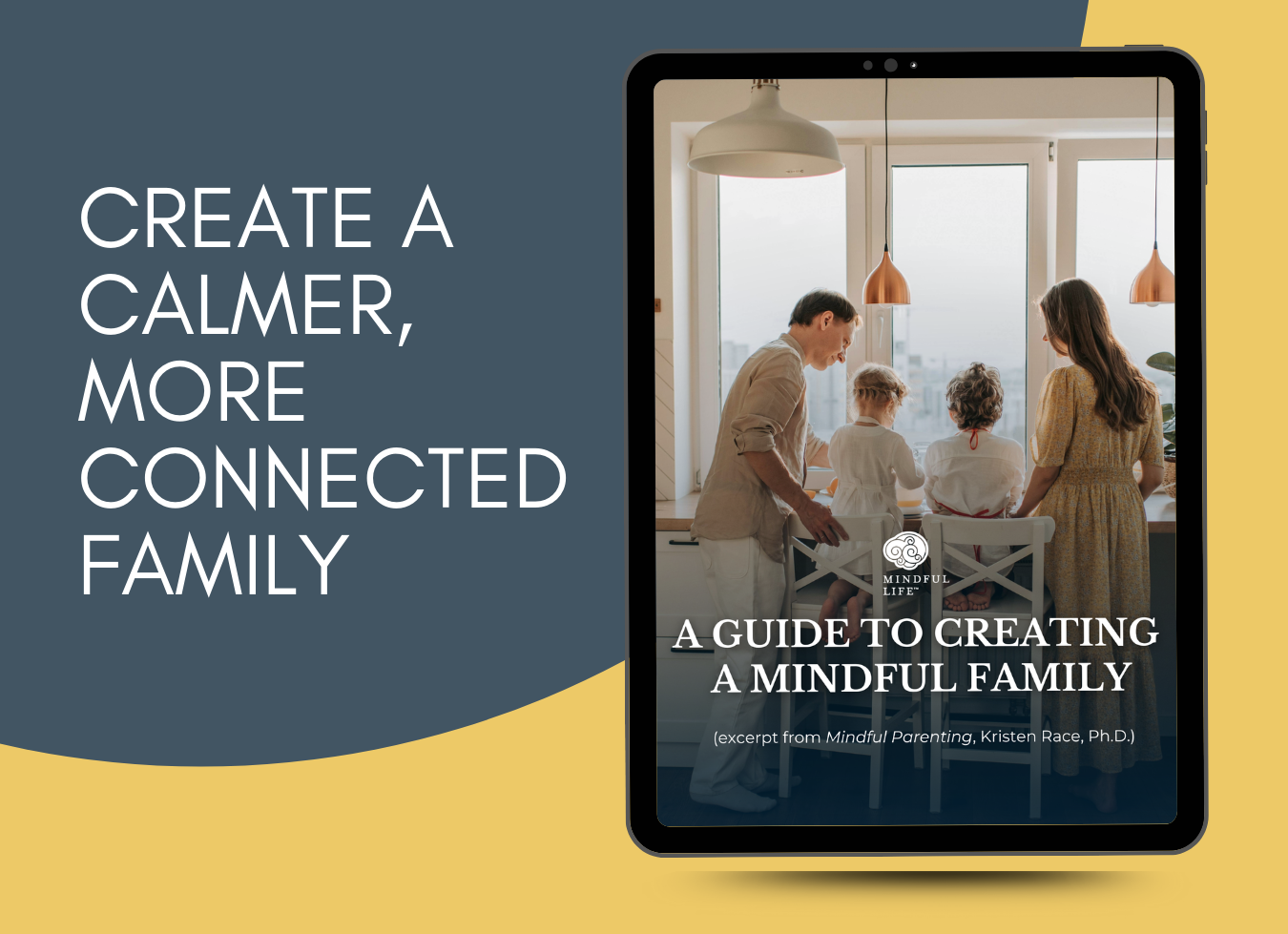How to Not Stress About Your Stress
Mar 12, 2024

In our everyday lexicon, stress has become the negative blanket term for things both traumatic and slightly annoying in our lives. We’ve stopped searching for more specific language to describe what’s truly happening in the moment. Instead, we label everything from divorce to a printer jam as “stressful”.
We don’t get to choose whether our life is stress-free or stressful. And, even if we did, I’m not sure most of us would choose to spend 85 years just laying on the couch eating potato chips. Being a mere mortal on this planet means that we will bump up against everyday life.
The goal is not to bundle ourselves in bubble wrap to avoid all stress, but rather to change the way we think about it.
There’s a growing body of research that is helping us understand the benefits of changing our relationship to stress. So in honor of Stress Awareness Month, rather than harping on all of the negative impacts of stress, I’ll be sharing several posts on how changing our relationship to stress can help us. It’s a big topic, so follow the full series, as one post can’t cover it all.
Changing Our Definition of Stress
The first step in changing our relationship to stress is changing our definition of it. Making stress the umbrella term for just about everything makes it difficult to discern how to respond to different situations in thoughtful ways. But there’s an all-encompassing definition that I love from Stanford mindset researcher and professor, Dr. Kelly McGonigal.
She defines stress as being: the response that we have when something we care about is at stake.
When my daughter is having a full blown perfectionist panic attack about a school assignment, I get stressed because I don’t want to see her suffer. When my son launches himself off of a massive ski jump, I get stressed because I want him to land safely. When my webinar software veers into computer crazy town, I get stressed because I want to deliver a helpful message to my students. When I miss my airline connection during work travel, I get stressed because I’m in a rush to get home and see my family. When I read the news and see certain things happening in the world, I get stressed because I care deeply about some bigger issues and how they will affect us.
Stress exists to show us what’s important, what we value.
While these examples might be construed as negatively “stressful”, they also can be described as being positively meaningful. Connecting with my daughter when she’s having a rough day, seeing the joy on my son’s face when he’s back safely on the ground, getting kind emails from students saying how much a webinar helped them, being anxious to get home because I miss my family all contribute to what I consider to be a very purposeful and meaningful life, that I’m lucky enough to lead.
If I put my attention on the hassle of each situation, my stressed out agitation could turn into a response that debilitates, paralyzes or gets me sent to the bottom of the standby list! When I recognize that I’m stressed and realize that it’s because something I care about is at stake, I can use my mindful awareness to take a breath and choose the most proactive response for the situation.
When we face every “stressful” dilemma by diving into a pint of ice cream or blaming anyone in our vicinity, we are mindlessly reacting to stress (and causing a cascade of other problems). When we are mindful, we notice the stress signals then take a little pause to consider ALL of our available response options (there are plenty more than just fight or flight). This helps us harness the power of stress rather than let ourselves (or others) get steamrolled over by it.
Let’s not stress about our stress. Instead, let’s channel its warning system to focus on what matters to us most, and proceed mindfully.

